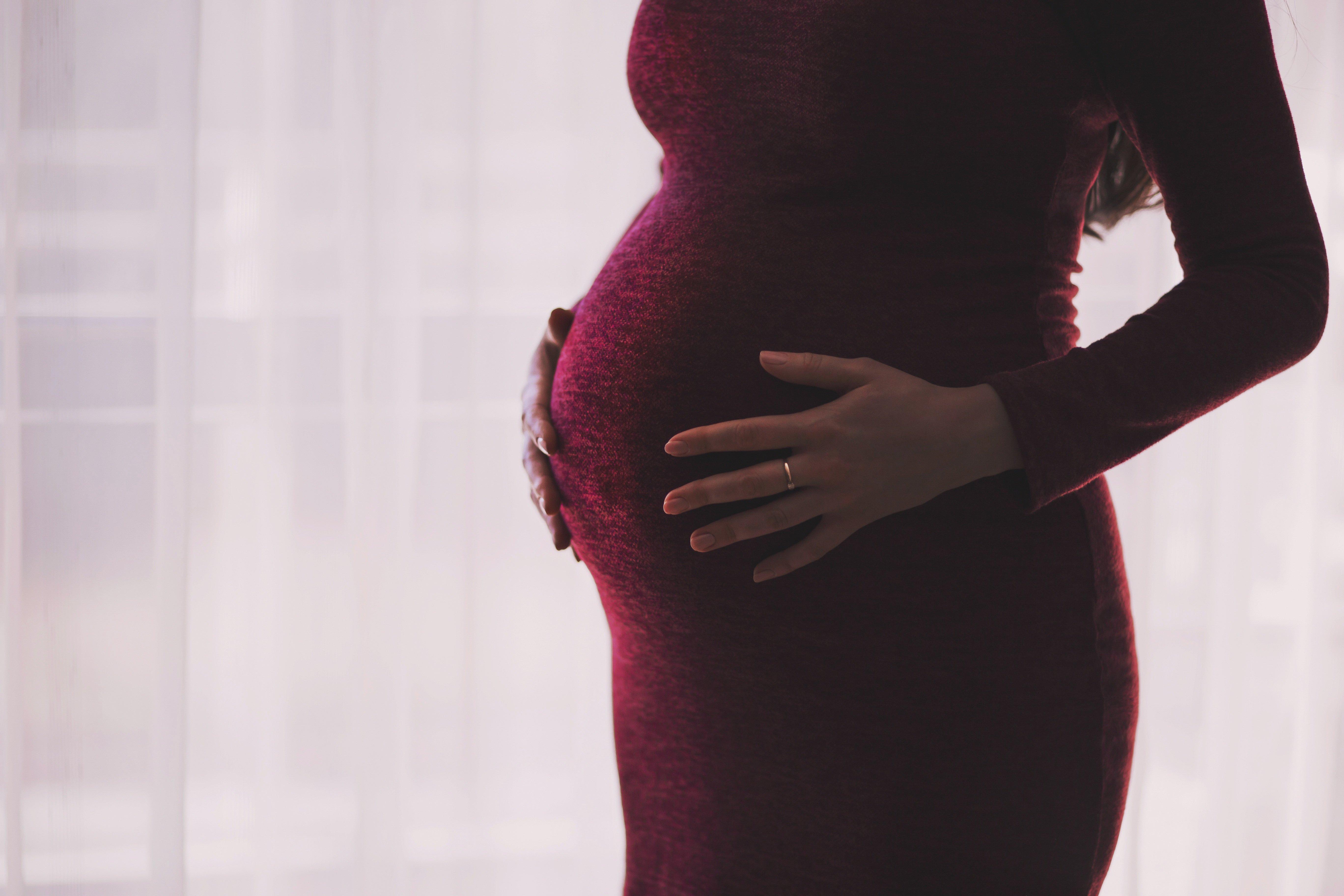
Submitted by Christina Rozeik on Thu, 28/11/2019 - 13:05
Changes occur in the placenta in older pregnant mothers leading to a greater likelihood of poor health in their male offspring, a study in rats has shown. Both male and female fetuses do not grow as large in older mothers, but there are sex-specific differences in changes to placental development and function. These are likely to play a central role in the increased likelihood of later-life heart problems and high blood pressure in males.
In humans, women over 35 are considered to be of advanced maternal age. The study, published in Scientific Reports, looked at pregnant rats of a comparable age. In aged mothers, the placenta of female fetuses showed beneficial changes in structure and function that would maximise the support of fetal growth. In some instances, the placenta even supported the female fetus better than the placenta of a younger mother. In the case of male fetuses however, the placenta showed changes that would limit fetal growth in the aged pregnant rats.
“This new understanding of placental development and function could contribute to better management of human pregnancies, and development of targeted interventions to improve the longer-term health of children born to older mothers,” said Dr Tina Napso, a postdoctoral fellow at the University of Cambridge and first author of the study.
Pregnancy in older mothers is associated with a heightened risk of complications for both the mother and her baby. These include preeclampsia - raised blood pressure in the mother during pregnancy, gestational diabetes, stillbirth and fetal growth restriction. Until now there has been limited understanding of how the placenta is altered by advanced maternal age.
“With the average age of first pregnancy in women becoming higher and higher, and especially so in developed countries, it is very important to understand how the age of the mother and the sex of the baby interact to determine pregnancy and later-life health of the child,” said Dr Amanda Sferruzzi-Perri, lead author of the study and a Royal Society Fellow in the Centre for Trophoblast Research at the University of Cambridge’s Department of Physiology, Development and Neuroscience.
The study found that advanced maternal age reduced the efficiency of the placenta of both male and female fetuses. It affected the structure and function of the placenta more markedly for male fetuses, reducing its ability to support growth of the fetus.
“A pregnancy at an older age is a costly proposition for the mother, whose body has to decide how nutrients are shared with the fetus. That’s why, overall, fetuses do not grow sufficiently during pregnancy when the mother is older compared to when she is young,” said Dr Napso. “We now know that growth, as well as gene expression in the placenta is affected in older mothers in a manner that partially depends on sex: changes in the placentas of male fetuses are generally detrimental.”
Read the full story here: https://www.cam.ac.uk/research/news/placenta-changes-could-mean-male-offspring-of-older-mums-more-likely-to-develop-heart-problems-in
Reference
Napso, T. et al: “Advanced maternal age compromises fetal growth and induces sex-specific changes in placental phenotype in rates.” Scientific Reports (2019). DOI:10.1038/s41598-019-53199-x

